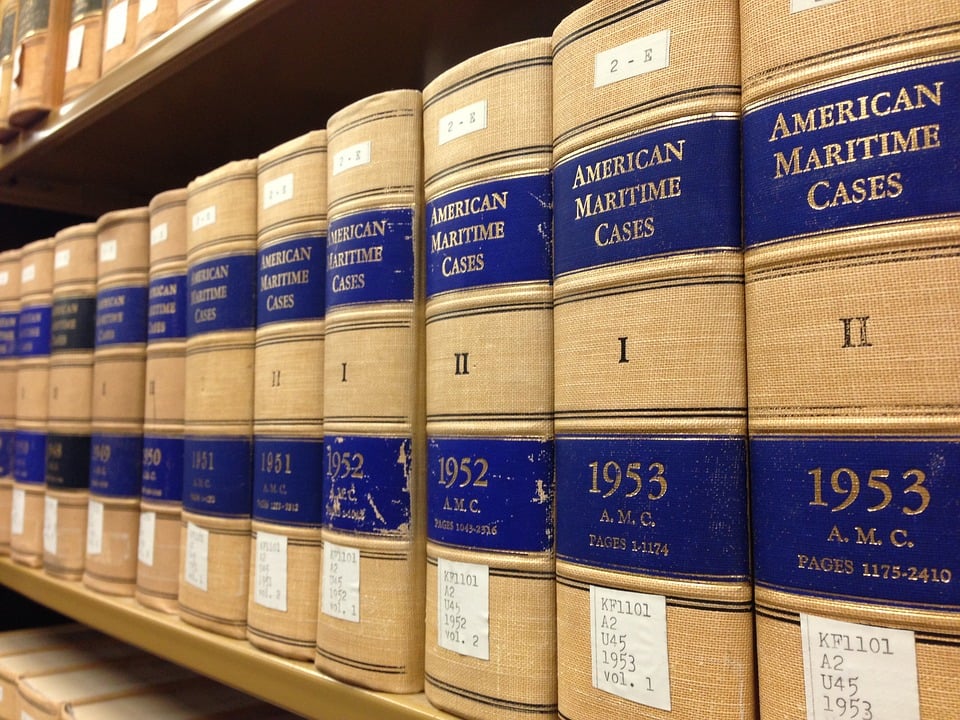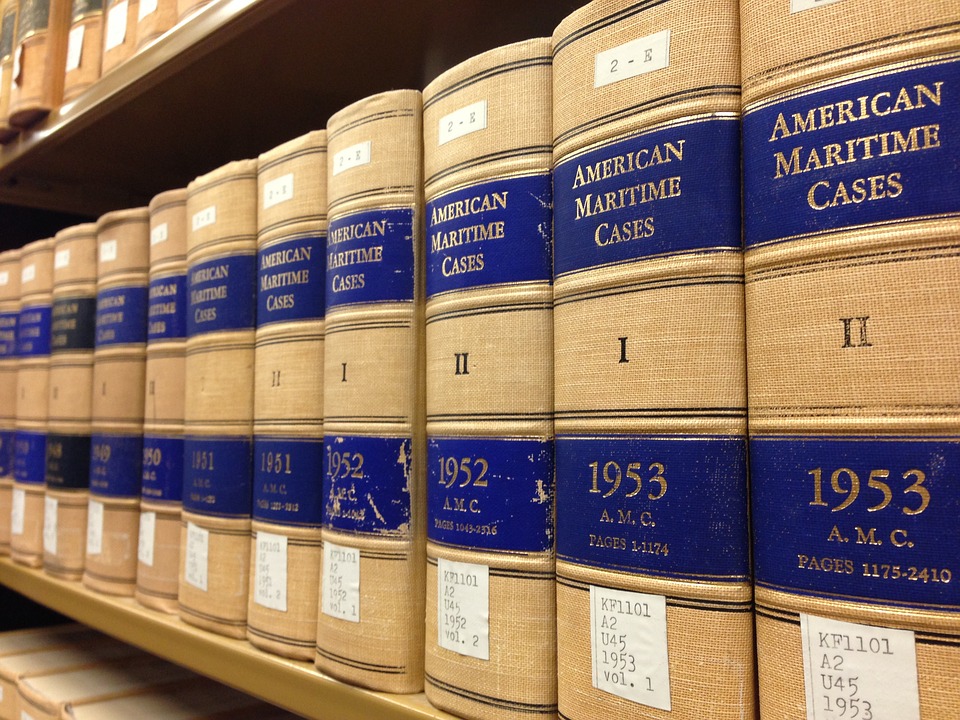Would-Be Lawyers File Suit Against Former Law School
By: Elizabeth DiNardo, Esq. | Associate Counsel


On September 23, 2019, a group of former students of the now defunct for-profit Charlotte School of Law (“CSL”), filed suit against their would-be alma mater and its parent company, Sterling Capital Partners (“Sterling”), in Illinois state court.
In the complaint, the 25 named plaintiffs alleged that the defendants engaged in a multi-year campaign of misrepresentation and other deceptive and abusive behavior in order to take advantage and profit from the Federal Student Loan Direct Plus loan program for graduate and professional students. Plaintiffs argued that CSL and Sterling put the profit of the school ahead of quality education for its students. Specifically, the complaint alleged that once the school obtained accreditation from the American Bar Association (“ABA”) it began to lower its admissions standards and curricular quality.
As a result of a subpar curriculum and increasingly lower admissions standards, CSL graduates’ bar exam results suffered and the school slipped below ABA standards for accreditation. For example, the median LSAT score for an incoming CLS student in 2014 was 143, compared to the national median LSAT score of around 151. CSL even went so far as to institute a program called AAMPLE —a paid series of summer classes offered to applicants with LSAT scores below 140 in order to gain admission to the school in the fall. Through this program, CSL was able to admit additional students who likely would not have been admitted to any other law school, while still showing the ABA accreditors and the broader legal-education community a semblance of selectivity.
Plaintiffs claim that despite the school being placed on ABA probation in November 2016, after a year of warnings being issued by the ABA that the CSL curriculum was out of compliance, defendants never informed students of the circumstances facing the institution and continued to represent itself as having full ABA accreditation. In fact, the complaint points out that as late as mid-August 2017, CSL’s website advertised that the ABA “determined through its accreditation process that Charlotte School of Law is in full compliance with the ABA Standards for the Approval of Law School.” As such, it came as shock to students in August 2017, when the school lost not only its ABA accreditation, but its license to act as a higher education institution with the University of North Carolina system and was forced to close its doors.
In addition to misleading the ABA as to the academic standards of the law school, plaintiffs alleged that CSL violated multiple Department of Education regulations for schools that participate in student loan programs under Title IV of the Higher Education Act. On December 19, 2016, after finding that CSL had substantially misrepresented the nature of its educational program to the Department of Education and current and prospective students, the Department of Education denied CSL’s Recertification Application to Participate in the Federal Student Financial Assistance Program. As a result, students were suddenly responsible for the full semester tuition of $22,142, in the last semester of CSL’s accreditation,.
The suit brings causes of action for violations of the North Carolina Unfair and Deceptive Trade Practices Act, the Illinois Consumer Fraud and Deceptive Business Practices Act.
The Case is: Rachel Bryan et al. v. Sterling Capital Partners LP et al., Case No.: 2019-L-010465, in the Circuit Court of Cook County.
Counsel Financial provides working capital credit lines exclusively for the plaintiffs' bar in all states except California, where credit lines are issued by California Attorney Lending.




